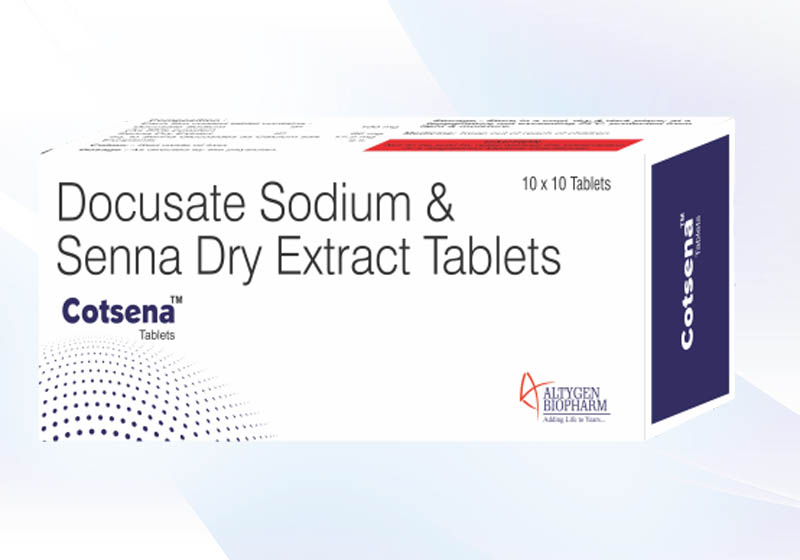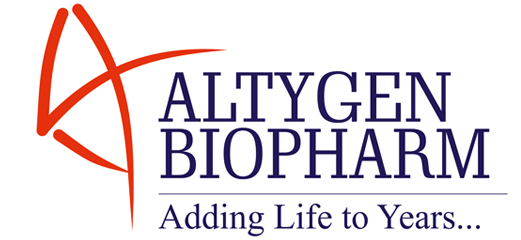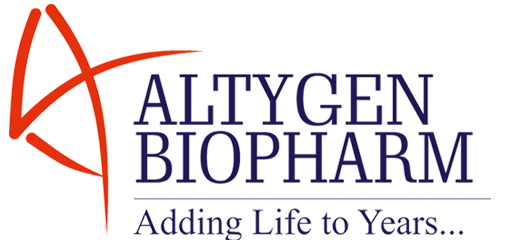
COTSENA
CotsenaTM (senna and docusate sodium tablets) is indicated for: Gentle overnight relief of occasional constipation
Cotsena has potential benefits for palliative care and postpartum patients, for patients with heart disease where straining when passing stool must be avoided, and in constipation in the presence of hemorrhoids, anal fissures or other conditions where hard, dry stools may cause discomfort
Category: Renal Medicine
ACTION AND CLINICAL PHARMACOLOGY
The principal constituents of Cotsena are senna glycosides. These include sennosides A & B, and the glycoside derivatives of rhein and chrysophanic acid. These glycosides, when converted into aglycones in the colon, function as laxative agents. Docusate sodium is a surface-active agent that acts by allowing water and fats to enter the stools, which helps hydrate and soften the stools making it useful in the relief of occasional constipation.
DOSAGE AND ADMINISTRATION
Recommended Dose and Dosage Adjustment
Adults and children 12 years and older
1 to 2 tablets at bedtime, as required. Maximum 2 tablets twice a day. Do not take more than 4 tablets in 24 hours.
Children (6 to 11 years)
½ to 1 tablet at bedtime. Maximum 1 tablet, twice a day. Do not take more than 2 tablets in 24 hours.
Not recommended when:
Pregnant, Breastfeeding.
Administration
It is recommended to take Cotsena (senna and docusate sodium tablets) at night to have a bowel movement the following morning. Evacuation generally occurs within 6 to 12 hours following ingestion.
Composition: Cotsena Each tablet contains Senna Dy extract 17.2 mg & Docusate Sodium 100 mg
Packing: Supplied in strip of 10 tablets.
OVERDOSAGE
The major symptoms of overdose/abuse of stimulant laxatives, including those containing senna, are griping pain and severe diarrhea. Symptoms of dehydration may include thirst and oliguria
ADVERSE REACTIONS
The most common reported adverse event in clinical trials was abdominal pain/discomfort.



